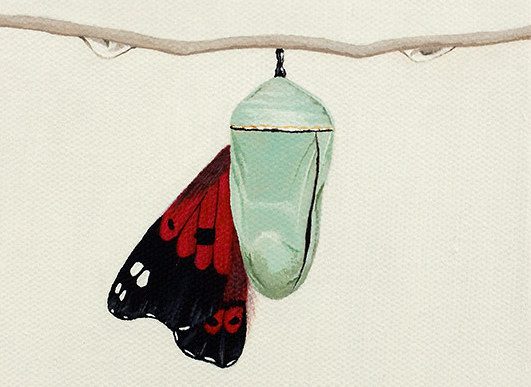Sweetening the Bitterness
Author:
Rabbi Schusterman
Date:
July 8, 2015
Tags:
Tammuz
Next Friday is the first day of the 9 days, the period in which the Bais Hamikdash, the Holy Temple in Jerusalem, itself was breached and the fighting intensified and destruction was imminent.
The following Shabbos is the 9th of Av, the day we commemorate the destruction of the Bais Hamikdash.
All in all this is the time of the year known as the three weeks, the saddest period on the Jewish Calendar.
In a regular year the first day of this three week period (the 17th of Tammuz) and the last day (the 9th of Av) would be commemorated with a fast day. However, the sanctity of Shabbos overrides the sadness of these days and thus the fast gets pushed until after Shabbos (Sunday, in the case of the 17th of Tammuz and Saturday night and Sunday in the case of the 9th of Av).
A powerful lesson is indicated therein.
Often times we see the difficulties of life as something separate and apart from the good times. There are happy times and sad times, ups and downs, the roller coaster of life. This is a mistake, because in fact the difficulties are challenges to push us to greater heights. The good times and sad/hard times are entirely connected.
This is true in on a personal level and also on a global and historical level. When the calendar presents a sad day on the happy day of the Shabbos, Shabbos overrides the sad day. What actually happens is that the sad day is uncovered for what it truly is – an opportunity for greater heights and greater happiness.
A traditional refrain associated with this format of the calendar is, “since it has been pushed off let it be pushed off entirely”. Our prayers are that the saying “next year in Jerusalem” be fulfilled in its entirety now with the rebuilding of the Bais Hamikdash and the coming of Moshiach.
Good Shabbos!


Enjoying what
you've read?
Here's more.


The Kings Road
Chabad Intown
This Shabbos is sandwiched between two very important days on the Chabad calendar. The 3rd of Tammuz...













